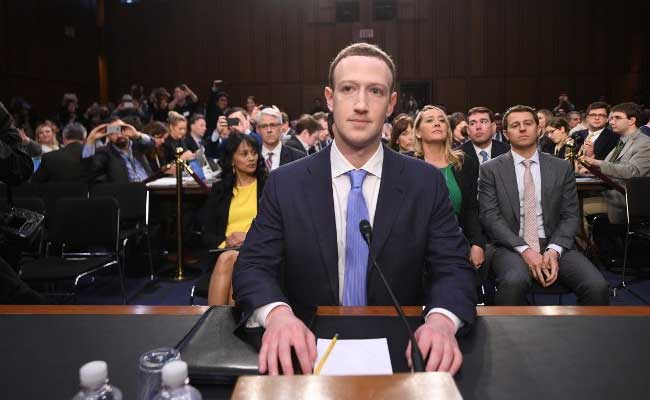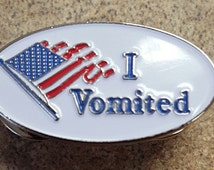Zuckerberg in the Hot Seat
Mark Zuckerberg may soon cease to be a Master of the Universe. At least, that’s what we can gather from some of the Congressional reactions to his recent testimony on Capitol Hill.

The Facebook CEO has been under fire lately over some of the social platform’s questionable business practices. These include blocking or ‘shadow-banning’ content for political reasons, limiting the reach of ads customers had paid for, and selling user data to third parties.
The immediate catalyst for the hearings was a recent report about Facebook’s relationship with Cambridge Analytica. The latter had apparently collected user data through an app called Global Science Research. More than 270,000 people allowed use of their data, but Cambridge was able to collect data about their friends, too. Cambridge used the data to promote Mr. Trump’s presidential campaign.
At this news, Congressional Democrats erupted. Of course, it may help to keep matters in perspective. Facebook had also allowed the Obama reelection campaign to exploit user data in 2012- and had not charged for it. Obama campaign officials even bragged about Facebook’s willingness to help them, and Mr. Zuckerberg visited the White House dozens of times between 2009 and 2013.
The legacy press apparently saw no problem with this. Many establishment reporters even hailed Obama for his genius and foresight in use of social media.
The Rules Change
It wasn’t the data collection itself, then, that offended the high and mighty. It wasn’t even the fact that most of it was without user consent. Facebook’s real crime, evidently, was that in 2016 a REPUBLICAN campaign had been able to exploit its user data.
Never mind that Obama’s people had used Facebook data far more extensively- and in the general election, while Cambridge had used it for Trump only during the primary. Never mind that Facebook had been happy- even eager- to help Obama. If Trump benefited, then data collection practices that had hitherto been perfectly acceptable were suddenly grave sins.
Mr. Zuckerberg Goes to Washington
And so, Mark Zuckerberg was required to explain himself to Congress. Democrats flayed him over Cambridge Analytica. Zuckerberg was deeply respectful and promised that he would try very very hard to ensure that nothing like this ever happens again.
Some Republicans asked about censorship of conservative posts. Senator Ted Cruz (R-TX) grilled Zuckerberg closely about it. Rep. Marsha Blackburn (R-TN) asked how Facebook determines what is or isn’t offensive content. In the face of this line of inquiry, the witness dodged and weaved, offering carefully worded and evasive responses.
On the whole, Mr. Zuckerberg proved carefully prepared- and quite slippery. We got the impression that Facebook may never provide a full accounting for its privacy and censorship practices, and that the reforms it promises will only be cosmetic.
(For the most reliable internet connection, talk to Satellite Country. We can help.)




